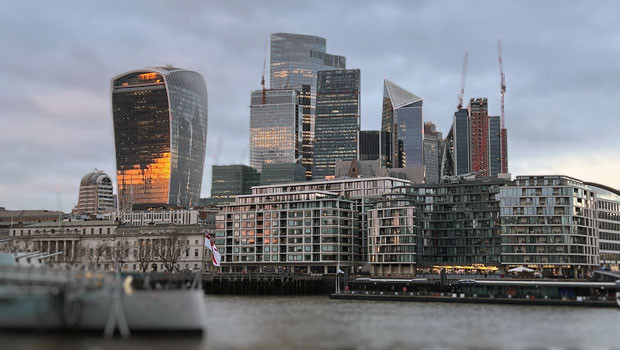
Source: Sharecast
At 0835 BST, the FTSE 100 was down 0.2% at 8,756.43.
Sentiment took a hit after Trump said on Friday that he was planning to double tariffs on steel and aluminium imports to 50% from this week. He also said that China had violated the Geneva trade agreement.
China hit back, accusing the Trump administration of "seriously violating" its trade deal with the US, saying that it had introduced multiple "discriminatory restrictive" measures. These include issuing guidance on AI chip export controls, stopping sales of chip design software to China and revoking visas for its students.
China’s Commerce Ministry said: "The US government has unilaterally and repeatedly provoked new economic and trade frictions, exacerbating uncertainty and instability in bilateral economic and trade relations.
"If the US insists on its own way and continues to damage China’s interests, China will continue to take resolute and forceful measures to safeguard its legitimate rights and interests."
Kathleen Brooks, research director at XTB, said Trump’s announcement on steel and aluminium imports "was designed to hurt Chinese producers, however, it will also hurt European producers, and it may open the door to a more aggressive approach to tariffs from the White House, and more retaliation from China, something that financial markets thought had been put to bed in mid-April".
She added: "2025 is becoming the year not to take anything for granted. Equity market volatility eased in May, yet it could easily pick up again in June, if trade tensions emerge."
On home shores, the latest data from Nationwide showed that house priced edged higher in May.
Prices rose 3.5% on the year, up from 3.4% growth April. On the month, house prices were up 0.5% in May following a 0.6% decline the month before.
The average price of a home stood at £273,427, versus £270,752 in April.
Nationwide chief economist Robert Gardner said: "Official data confirmed that there was a significant jump in residential property transactions in March, with buyers bringing forward their purchases to avoid additional stamp duty costs. Owner occupier house purchase completions were around twice as high as usual and the highest since June 2021 (which was also impacted by stamp duty changes).
"Nevertheless, mortgage approvals data suggests that market activity appears to be holding up well following the end of the stamp duty holiday. Despite wider economic uncertainties in the global economy, underlying conditions for potential home buyers in the UK remain supportive.
"Unemployment remains low, earnings are rising at a healthy pace (even after accounting for inflation), household balance sheets are strong and borrowing costs are likely to moderate a little if Bank Rate is lowered further in the coming quarters as we, and most other analysts, expect."
In equity markets, defence firms were among the top performers, with Babcock, BAE Systems and Rolls-Royce all up.
Vodafone edged lower after it and CK Hutchison Holdings said the merger of telecoms firms Vodafone UK and Three UK successfully completed on 31 May.